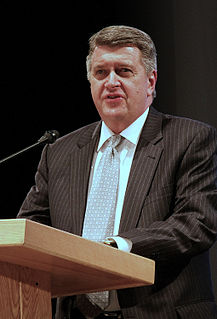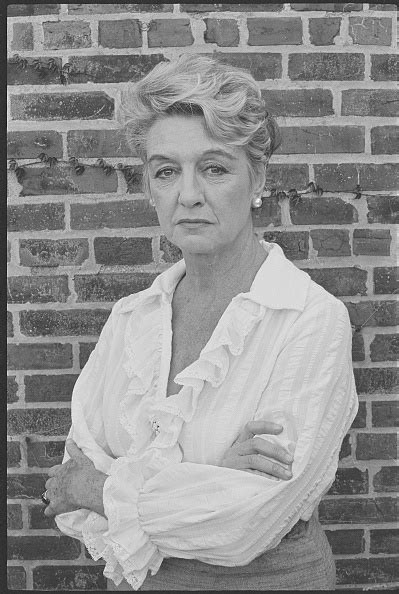A Quote by Alberto Manguel
Something about the possession of a book - an object that can contain infinite fables, words of wisdom, chronicles of times gone by, humorous anecdotes and divine revelation - endows the reader with the power of creating a story, and the listener with a sense of being present at the moment of creation.
Related Quotes
That underscored this idea that when we're reading a book or writing a book, you're in an act of co-creation. The reader and the writer are both trying to dress up and present their best selves and then there's that moment, when suddenly, as a reader, you're not exactly you anymore, and likewise, as a writer, you're not really you.
It is clear that there must be difficulties for us in a revelation such as the Bible. If someone were to hand me a book that was as simple to me as the multiplication table and say, “This is the Word of God; in it He has revealed His whole will and wisdom,” I would shake my head and say, “I cannot believe it; that is too easy to be a perfect revelation of infinite wisdom.” There must be, in any complete revelation of God's mind and will and character and being, things hard for the beginner to understand; and the wisest and best of us are but beginners.
If the benevolent ruler stays in power long enough, he eventually concludes that power and wisdom are the same thing. And as he possesses power, he must possess wisdom. He becomes converted to the seductive thesis that election to public office endows the official with both power and wisdom. At this point, he begins to lose his ability to distinguish between what is morally right and what is politically expedient.
In my couple of books, including Going Clear, the book about Scientology, I thought it seemed appropriate at the end of the book to help the reader frame things. Because we've gone through the history, and there's likely conflictual feelings in the reader's mind. The reader may not agree with me, but I don't try to influence the reader's judgment. I know everybody who picks this book up already has a decided opinion. But my goal is to open the reader's mind a little bit to alternative narratives.
I dare not think that any supercelestial heaven, or whatsoever else ... was increate and eternal. And as for the place of God before the world created, the finite wisdom of mortal men hath no perception of it; neither can it limit the seat of infinite power, no more than infinite power itself can be limited; for his place is in himself, whom no magnitude else can contain.
You are God in a physical body. You are Spirit in the flesh. You are Eternal Life expressing Itself as You. You are a cosmic being. You are all power. You are all wisdom. You are all intelligence. You are perfection. You are magnificence. You are the creator, and you are creating the creation of You on this planet
With a 660-page book, you don't read every sentence aloud. I am terrified for the poor guy doing the audio book. But I do because I think we hear them aloud even if it's not an audio book. The other goofy thing I do is I examine the shape of the words but not the words themselves. Then I ask myself, "Does it look like what it is?" If it's a sequence where I want to grab the reader and not let the reader go then it needs to look dense. But at times I want the reader to focus on a certain word or a certain image and pause there.
The book is finished by the reader. A good novel should invite the reader in and let the reader participate in the creative experience and bring their own life experiences to it, interpret with their own individual life experiences. Every reader gets something different from a book and every reader, in a sense, completes it in a different way.
In the spiritual world there are no time divisions such as the past, present and future; for they have contracted themselves into a single moment of the present where life quivers in its true sense. The past and the future are both rolled up in this present moment of illumination, and this present moment is not something standing still with all its contents, for it ceaselessly moves on.
To dwell in the here and now does not mean you never think about the past or responsibly plan for the future. The idea is simply not to allow yourself to get lost in regrets about the past or worries about the future. If you are firmly grounded in the present moment, the past can be an object of inquiry, the object of your mindfulness and concentration. You can attain many insights by looking into the past. But you are still grounded in the present moment.
I looked at my right hand, the hand with which I painted. There was power in that hand. Power to create and destroy. Power to bring pleasure and pain. Power to amuse and horrify. There was in that hand the demonic and the divine at one and the same time. The demonic and the divine were two aspects of the same force. Creation was demonic and divine. Creativity was demonic and divine. I was demonic and divine.






































